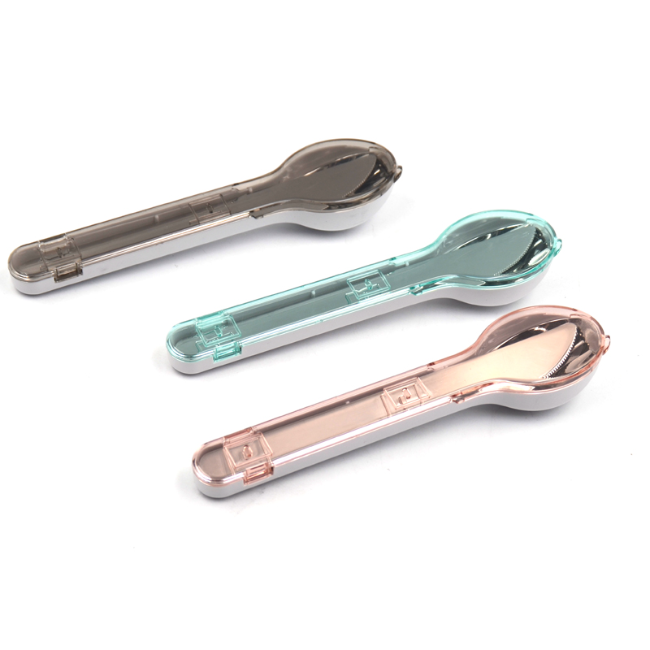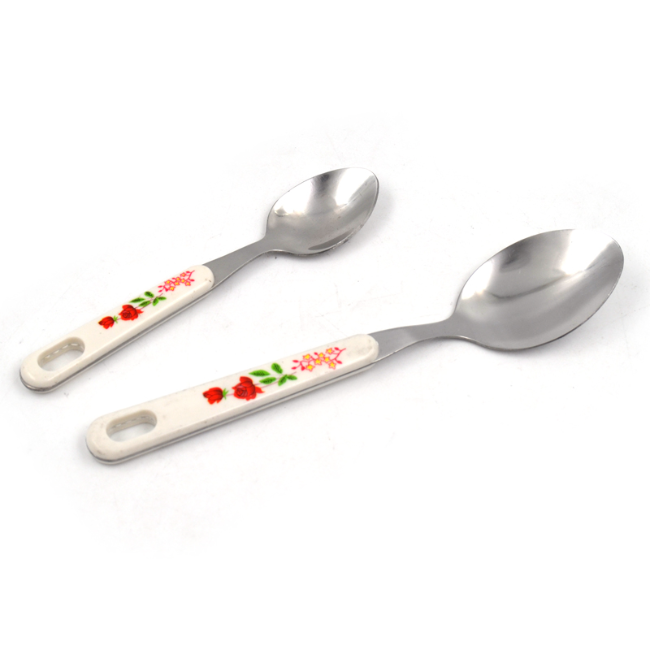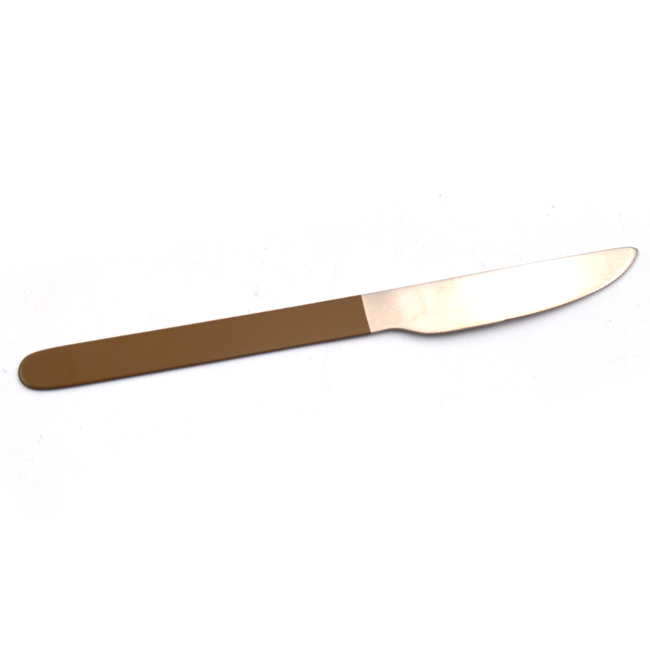
11 May
Does Metal Spoon Kill Honey Enzymes?
Does Metal Spoon Kill Honey Enzymes?Hone...
Does Metal Spoon Kill Honey Enzymes?
Honey, a sweet and natural product harvested from bees, is packed with nutrients and enzymes that are believed to offer numerous health benefits. However, there is a common concern among consumers and health enthusiasts: Does using a metal spoon to scoop honey destroy its beneficial enzymes? In this article, we will explore the science behind this question and whether a spoon made of metal, such as stainless steel, affects the properties of honey. We’ll also touch on the relationship between Spoon Japan, Spoon Performance, and the Homefelt factory, whose precision engineering in the automotive sector mirrors the care needed in handling delicate food products like honey.
The Enzymes in Honey: What You Need to Know
Honey is a complex substance that contains hundreds of enzymes, including amylase, invertase, and glucose oxidase. These enzymes are crucial for the beneficial effects of honey, such as its antioxidant and antimicrobial properties. The enzymes are sensitive to heat and chemical reactions, but how much does a metal spoon affect them?
Amylase helps in breaking down starches.
Invertase assists in converting sucrose into glucose and fructose.
Glucose Oxidase is responsible for producing hydrogen peroxide, which gives honey its antibacterial qualities.
These enzymes play a vital role in honey’s nutritional value, but they are not as delicate as some might think.
Does Using a Metal Spoon Affect Honey?
The concern that a metal spoon can kill honey's enzymes primarily stems from a misunderstanding of the chemistry involved. Spoon Japan, a company known for its attention to detail in manufacturing, would argue that the material of the spoon is unlikely to have any significant impact on honey’s enzymes, especially if the honey is consumed shortly after being scooped.
Minimal Impact from Metal: Metals such as stainless steel do not react with honey in a way that would destroy its enzymes. The only time you need to worry about the integrity of honey is if it’s exposed to high heat or extended periods of sunlight.
Honey and Heat: If a metal spoon is used in a hot environment, such as stirring honey into a hot beverage, then the enzymes could be degraded. But in most cases, simply scooping honey with a metal spoon will not affect its properties.
Spoon Performance in the Kitchen?
While Spoon Japan is a leader in automotive performance parts, their attention to detail in design can also be applied to other areas, including kitchenware. If you’re worried about the impact of a metal spoon on your honey’s enzymes, you might opt for a wooden or plastic spoon, which could help preserve the delicate enzymes a little longer.
Homefelt: Precision Matters, Even in Honey Handling
Just as Homefelt manufactures precision automotive components, the same level of care and attention to detail should be applied when handling food. Using the correct materials in the kitchen, whether for a spoon or a mixing tool, can ensure that your food stays fresh and beneficial. However, in the case of honey, a metal spoon is unlikely to have any real effect on the nutritional content, provided the honey isn’t exposed to extreme conditions.
Conclusion: No Need to Worry About Metal Spoons and Honey
In conclusion, using a metal spoon to scoop honey will not destroy its enzymes. While Spoon Japan and Spoon Performance focus on precision engineering for automotive applications, this principle of precision can also apply to food handling. The key to preserving honey’s benefits lies more in how it’s stored and whether it’s exposed to excessive heat or light, rather than the type of spoon used.





